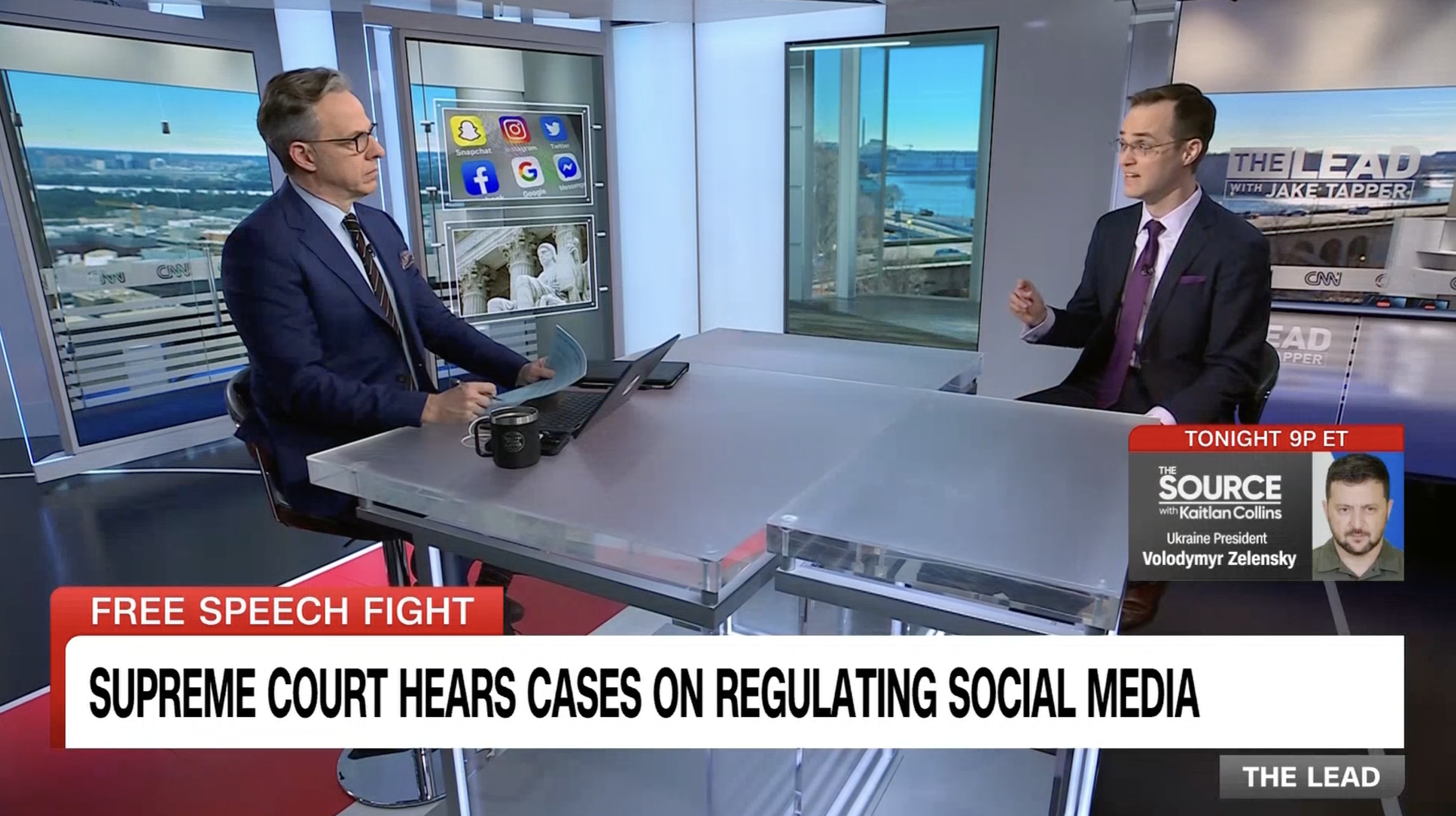Are We Exporting SOPA-Speak to China?
Given that one of the major flashpoints in last year’s dispute over the highly controversial Stop Online Piracy Act (SOPA) arose from SOPA proponents seeking the ability to blacklist anyone who “facilitated” infringement, one would think that the U.S. Government would abandon use of this term in relation to infringement. Yet inexplicably, a recent U.S. Trade Representative press release regarding the cabinet-level 23rd U.S.-China Joint Commission on Commerce and Trade in late December states:
“Building on an existing JCCT commitment to develop a Judicial Interpretation making clear that those who facilitate online infringement will be jointly liable for such infringement, China announced that its Supreme People’s Court will publish a Judicial Interpretation on Internet Intermediary Liability before the end of 2012.”
(emphasis supplied)
Recall that SOPA targeted any “U.S-directed site” that “engages in, enables, or facilitates” infringement. The word “facilitate” proved incredibly problematic. As explained in a written statement to the House Judiciary Committee in November 2011 by CCIA’s Ed Black:
“years of burdensome litigation have shown that iPods, VCRs, personal computers, photocopiers, and countless consumer electronics – in addition to the Internet itself – all enable and facilitate violations of copyright law. Yet under SOPA’s definitions, legitimate sites selling these electronic products are labeled as pirates, because these provisions of the bill contain no requirement of willfulness or knowing conduct.”
The term has limited basis in the Copyright Act, but where Congress has used it, it has been connected to a knowledge standard. The term appears principally in compulsory licenses, and in the Digital Millennium Copyright Act’s prohibition in Sec. 1202 on removing copyright management information (i.e., “thou shalt not delete metadata”). There, Congress specifically extended the prohibition to acts that “induce, enable, facilitate or conceal an infringement”. Congress’s choice to require an objective knowledge standard there suggests that it recognized that a strict liability rule would prove unmanageable.
In fact, ‘facilitation’ is also the statutory basis for some controversial domain name seizures, including the dajaz1 case, in which the U.S. Government seized and held a domain for a year before concluding it had no basis to do so.
For good cause, existing secondary liability law (a subject I posted on last week) does not extend to facilitation – it requires more knowing, culpable conduct, or direct financial benefit. A pirate’s utility company arguably facilitates piracy by providing electric power to the pirate – and indeed, benefits from the added electricity consumed. We don’t penalize utilities for piracy committed by their customers, however: since its inception, secondary liability has been wisely limited exclude such sweeping application.
The term seems particularly inappropriate in relation to commitments extracted from China regarding Internet policy. Construed broadly, “facilitate” could encapsulate any website or web service that allows users to communicate information freely. Given the ambiguity of the term, China could potentially interpret the word broadly to engage in censorship of its own, not only for IP infringement offenses, but for other activities “illegal” in China as well. If censorship concerns were sufficiently problematic in the U.S., they should be at least as problematic in China.
Compare this with the Obama Administration’s statement of policy on SOPA and PIPA from one year ago, which stated:
“Any effort to combat online piracy must guard against the risk of online censorship of lawful activity and must not inhibit innovation by our dynamic businesses large and small. Across the globe, the openness of the Internet is increasingly central to innovation in business, government, and society and it must be protected. To minimize this risk, new legislation must be narrowly targeted only at sites beyond the reach of current U.S. law, cover activity clearly prohibited under existing U.S. laws, and be effectively tailored, with strong due process and focused on criminal activity.”
(emphasis in original).








